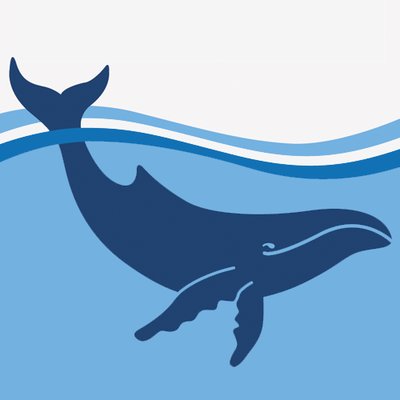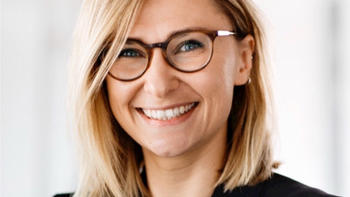
Image: Burnet PhD Student Eliza Davidson (left) says it was science, rather than her mum Lisa (right) that attracted her to Burnet
Mother and daughter, Lisa and Eliza Davidson, share what brought them together at Burnet in the latest edition of IMPACT magazine. Subscribe today!
Born in Australia and raised in Namibia, Eliza Davidson took a keen interest in her parents’, Lisa and Andee’s work in international development for Australian Volunteers International. The experience helped to shape Eliza’s view of the world, and ways to help others.
With a keen interest in science as a student, Eliza envisaged a career path very different from her parents’. But fate, or perhaps that shared interest in helping others, has brought mother and daughter together at Burnet, in a unique way.
Now a third-year PhD candidate investigating anaemia during pregnancy and postpartum in a cohort of women from Papua New Guinea (PNG), Eliza’s work interconnects directly with Lisa’s in her role as Deputy Program Director, Behaviours and Health Risks, and Sexual and Reproductive Health Specialist.
“One of my projects involves working with pregnant women to improve their knowledge and skills about how they can better protect themselves and their children from malaria,” Lisa said.
“Eliza is doing research on those same mothers to look at the impact malaria has on pregnancy outcomes for both mothers and babies, so there’s quite a strong interconnect.
“I think even within Burnet it’s quite a unique situation.”
“I think we’re interested in the same questions and problems; we’re just approaching it from different angles,” Eliza said.
According to Eliza, it was the science, rather than her mum, that attracted her to Burnet in the first place.
“I knew mum worked at Burnet and initially I didn’t have my heart set on working at Burnet,” she said. “But I came to the student open night to see what was happening, and the project that Associate Professor Freya Fowkes offered really spoke to me.
“I really enjoy the laboratory aspect, and I chose Burnet because it does offer the translational research that I was interested in.”

Image: Eliza Davidson on a field trip in Kokopo, East New Britain, to collect samples for the HMHB study
Last year, the pair had the opportunity to travel together to Kokopo in PNG to work on their respective projects. It was Eliza’s first chance to see Lisa at work, and her first experience in the field.
She gained a new respect for the commitment of staff on the Healthy Mothers, Healthy Babies study, who might typically travel for several hours to remote villages to conduct interviews and collect samples, only to find the road blocked by fallen trees and be forced to turn back.
“It was eye-opening, and it made me appreciate the value of every single sample that comes into the lab,” Eliza said.
“As for mum, because we’re in different disciplines at Burnet, I don’t generally get to see what she does, so it was interesting to see her in a different setting, coordinating workshops and planning for new projects. The staff there call her ‘Mama Lisa’, so that was nice, we have that in common.”
Not surprisingly, mother and daughter like to ‘talk shop’, compare notes, and occasionally reflect upon the unconventional path that brought them both to Burnet.
“I think that we have to play to our strengths and that’s definitely what Eliza is doing,
“I’m also proud that she sees research as part of that bigger picture and is looking for ways that research connects with improving the lives of other people,” Lisa said.
“And that’s part of the attraction of Burnet, that our research is translated into action. That’s what makes it really interesting to work here, and it’s the same for students like Eliza.”
For her part, Eliza is looking forward to completing her PhD. After that, she’s keeping her options open.
“Maybe by studying science I was trying to separate myself from my parents and what they did, but Burnet offers lots of opportunities to move from the lab into international development or public health,” she said.








